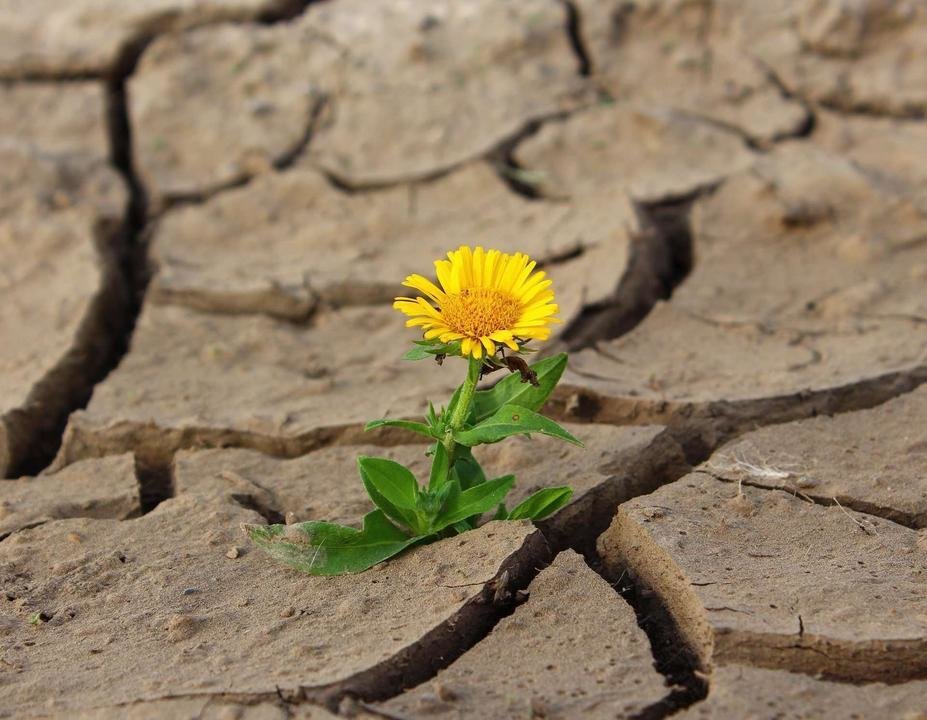El día siguiente, por Carlos Rodríguez Braun

Esta pesadilla va a terminar. Hoy parece absurdo pensarlo, porque el presente, lógicamente, nos apremia. Pero también podemos otear el horizonte. ¿Cómo será la economía el día siguiente al final de la pandemia? Aunque nadie lo sabe, podemos plantear dos conjeturas: ese día será malo y también bueno.
El impacto económico será sin duda muy negativo. Lo está siendo ahora, y lo será tanto más cuanto más dure el cierre de los países. Puede ser lógico interrumpir la actividad productiva por motivos de salud durante varias semanas. Pero nadie plantearía que la economía se detenga por completo durante varios meses: el coste sería inasumible.
A la incertidumbre en términos de la actividad se sumala política. El día siguiente nos dejará una economía más pequeña pero una política más grandes, con desequilibrios en la Hacienda Pública, por la explosión del gasto y la caída en la recaudación; y también tensiones financieras por la expansión monetaria en busca de una solución milagrosa al colapso.
¿Dónde están las buenas noticias?
En el pasado, que prueba que las mujeres y los hombres libres han sido capaces de superar tragedias mucho más graves.
En el presente, porque vemos incluso ahora, rodeados de malas noticias, señales de esperanza. Socialmente son evidentes, empezando por el esfuerzo y la magnifica labor de trabajadores y empresarios, sobre todo en la sanidad pública y privada; y siguiendo con la explosión de iniciativas solidarias que brotan de toda la comunidad, en particular de los empresarios, tantas veces injustamente demonizados. En términos económicos también hay buenas noticias, porque, como siempre, no está toda la economía golpeada por igual, sino particularmente sectores muy expuestos al cierre, como el transporte de personas, el turismo y la hostelería. Esto no sucede así, en cambio, con otros sectores, como el agrícola y, obviamente, el farmacéutico.
Y habrá buenas noticias también en el futuro, porque las crisis abren nuevas oportunidades. Además, porque cada vez más gente sabe que, como son las empresas y las personas que trabajan las que crean riqueza y empleo, la mejor forma de recuperar la economía no es castigándolas con más trabas e impuestos, sino facilitando su labor.
The following day
Carlos Rodríguez Braun
This nightmare will end. It seems absurd to think this now, because logically, the present is pressing. But we can also glimpse the horizon. What will the economy be like on the day following the end of the pandemic? Although nobody knows, we can consider two assumptions: that day will be bad and also good.
The economic impact will undoubtedly be very negative. It is now, and it will be more so the longer the closure of the countries lasts. It may be logical to stop productive activity for health reasons for several weeks. However, nobody could imagine the economy completely stopping for several months: the cost would be unbearable.
In addition to uncertainty in terms of activity, there is political uncertainty. The following day will leave us with a smaller economy but also a bigger government, with imbalances in the Public Treasure, due to the explosion in spending and the fall in revenue; and also financial tension due to the monetary expansion in pursuit of a miracle solution to the collapse.
Where is the good news?
In the past, which shows that free men and women have been able to overcome much more serious tragedies.
In the present, because even now, surrounded by bad news, we see signs of hope. Socially, they are clear, beginning with the effort and magnificent work of workers and business people, especially in the public and private health sectors; and continuing with the explosion of charity initiatives that arise from the entire community, especially from business people, so ae so often unfairly demonised. In economic terms, there is also good news, because, as always, not all the economy has been hit the same way, but rather there are particular sectors that are very exposed to closure, such as the transport of people, tourism and hospitality. This is not the case however with other sectors such as agriculture and obviously the pharmaceutical industry.
And there will also be good news in the future, because crises open up new opportunities. Also, because more and more people know that, as companies and people who work are what create wealth and employment, the best way to help the economy recover is not to punish them with more obstacles and taxes, but rather to facilitate their work.


